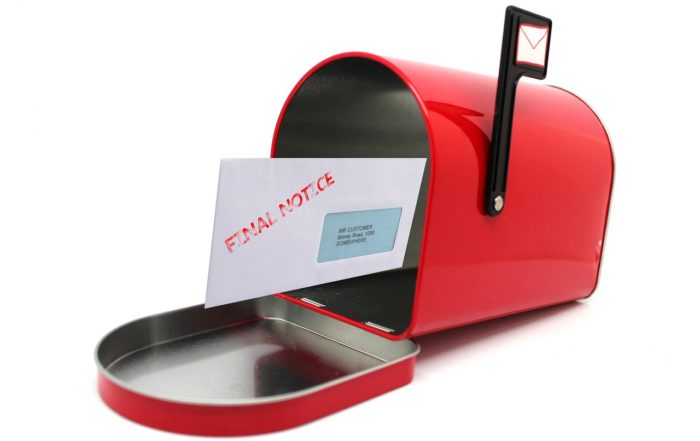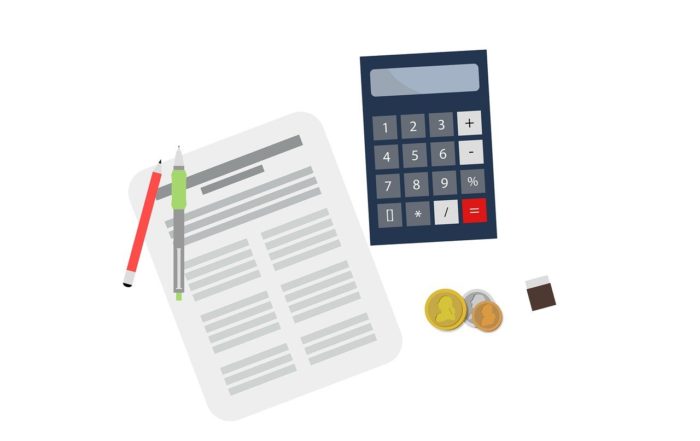How Your Belongings May Be Handled After Your Death
When creating a Will, most people tend to think of the big-ticket items of what to pass on to their family members. For example, they think of the home, car, savings accounts, retirement accounts, etc. What is often overlooked is the personal property – clothing, jewelry, pictures, etc. While you may find sentimental value with these items, your loved ones may not feel the same way.
If no one wants what remains of your possessions or property, who then will get them?
Use Your Will To Pass Your Gifts On
Your Will has instructions for your executor, telling them what they will need to do with your estate after you die. Your estate will include personal property, financial accounts, real property and others.
Any insurance policies, retirement accounts and others will have instructions known as transfer or pay-on-death designations or beneficiary designations. The Will does not control these unless you did not sign them before you died or they were improperly filled out, meaning they become part of your estate.
Without the Will and executor, a probate court judge will need to determine how to divvy up your estate.
The Will should also lay out specific and residuary gifts of your assets. What are specific and residuary gifts?
- Specific Gifts – This means a piece of property (I give my wedding ring to my son, Jason) or a specific amount of money (I give $1 million to St. Jude’s Hospital in Memphis). You can also stipulate who to gift a pet to (if state law allows it).
- Residuary Gifts – This means anything remaining in the estate that hasn’t already when specifically taken care of. You can state that anything remaining of your estate is given to named people, entities or charities (I give my husband my residuary estate unless he has died before me, then my daughter gets it.)
Use A Trust To Pass Your Gifts On
A trust will also hold instructions for your appointed trustee about how to handle your owned property. The property includes bank accounts, real estate and personal property – that must be taken care of either while you are alive and incapacitated or after you have died.
Your trust instructions only pertain to items listed in that trust.
- Additional documents can be signed to go with the estate plan to ensure the property is dispersed.
- When it comes to property (bank accounts or real estate), they can retitle the name of the trust, which avoids the probate process.
However, the trustee must abide by the instructions and gift trust property as stipulated in the agreement. Much like a Will, you can stipulate specific gifts and residuary gifts for the remaining property. (Anything still in my trust goes to my husband unless he has died before me, then my children get equal amounts.)
Distribution of Estate or Trust Property
The person you have named in your Will or trust is called the trustee, executor or personal representative. This person must abide by the instructions laid out when giving a beneficiary a specific gift. That person can disclaim the gift, meaning they can refuse it. The timeframe in which the person can disclaim the gift is dependent on federal or state law, typically within nine months if the decision is for tax-related reasons. They must sign a document stating that effect.
The following named beneficiary will then be given the gift.
Anything remaining of your property but not explicitly mentioned in the Will, trust or other legal document are then equally given to the beneficiaries listed. Your executor or personal representative will need to ensure this is done fairly, either by taking turns or through a lottery.
When Your Belongings Are Not Wanted
What happens when your loved ones don’t want anything from your estate? Some estate plans may include a contingency beneficiary plan, meaning your assets will be donated to a charity. You can also stipulate the executor to ask the other family members if they would like anything. Other possible ways to eliminate the unwanted property include:
Estate Auction
This method provides an alternative to selling the rest of your items. An auctioneer will be brought in to conduct the auction. He/She will begin at a certain price, but the ending price depends on the audience (and who wins the bid). The proceeds from the sale will go back into the estate and pay for the auction.
Estate Sale
With an estate sale, a company will handle the sale of the rest of your property (much like a garage sale). After taking their commission, the proceeds revert to the estate and are dispersed between the listed beneficiaries.
Donation
If your Will or trust does not list a charity, your listed beneficiaries will need to agree on what charity to donate items left over. Be sure an agreement that goes against your wishes is noted in writing and all beneficiaries sign it. The estate will be the one paying for the delivery of these items.
Disposal
The executor will be responsible for any items that have not been given away or sold, allowing them to dispose them themselves or calling in a junk hauling company to have them removed.
Set Up Your Estate Plan
With a detailed estate plan, you can stipulate what you’d like to happen with all your property after you die – be it specific gifts or residuary gifts. Make sure to have a memorandum that stipulates who will get what. The estate plan should contain a method to divide your items up evenly with loved ones and how the executor will handle unwanted items.
Our Pratt Law Group attorneys will be happy to talk with you about your estate plan. Call us at 972-712-1515 or 888-517-4575 to set up a time for us to speak with you by phone or video conference.
Why Singles Should Worry about Estate Planning
Why Singles Should Worry about Estate Plannings -What To Know Several Reasons Single People Still Need To Be Concerned With Estate Planning When you’re putting together an estate plan, you often choose your spouse ...
Warning: Don’t Let Creditors Inherit from You or Your Spouse
Don't Let Creditors Steal From Your Loved Ones - What To Know How To Ensure Your Spouse Receives Your Retirement Accounts and Not Creditors In most cases, spouses will inherit any of your ...
Can a Beneficiary Also Be a Trustee of a Trust?
Can a Beneficiary Also Be a Trustee of a Trust? -What To Know Many people, creating a revocable living trust, designate their children as the beneficiaries. But, they need to choose a person ...







